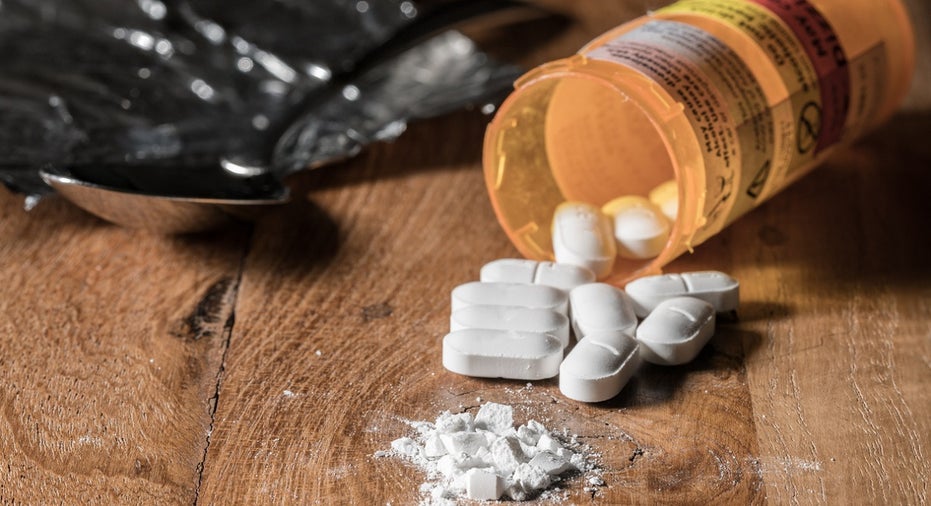Judge: Maryland can act against drug price-gouging, for now

An effort by drug makers to block Maryland’s first-in-the-nation law against pharmaceutical price gouging was denied by a federal judge on Friday.
A group representing makers of generic prescription drugs sought to stop the law from taking effect this Sunday, calling it an “unconstitutional overreach” that will create market instability.
U.S. District Judge Marvin Garbis denied the request by the Association for Accessible Medicines for an injunction as a lawsuit proceeds. He is allowing litigation to proceed on the association’s contention that the law is vague, but dismissed its other arguments.
Garbis wrote that the association has not persuaded him that the law “is substantially likely to be held unconstitutional.”
“Moreover, the court finds that an erroneous grant of a preliminary injunction would cause substantial harm by permitting the sale of essential drugs to Maryland residents at unconscionable prices,” Garbis wrote.
Maryland Attorney General Brian Frosh says the law will give the state a “necessary tool to combat unjustified and extreme prices.”
The Maryland law is one of the strongest moves yet by a state to address rising drug prices, an issue Congress has been unable to confront.
The attorney general can use the law to sue makers of off-patent or generic drugs that make an “unconscionable” price increase — described as an excessive increase, unjustified by the cost of producing or distributing the drug.
Manufacturers could face a fine of up to $10,000 per violation. The attorney general also can request information from the corporations that instituted price increases to help determine if price gouging occurred.
Concerns about sky-high drug prices have been building for years nationally. They boiled over last year after it was revealed the Turing Pharmaceuticals and Canadian drugmaker Valeant Pharmaceuticals were hiking prices on previously low-priced medicines for patients with heart problems and other life-threatening conditions.
Unlike most countries, the U.S. doesn’t regulate pricing for drugs, leaving their makers free to set prices as high as the market will bear. Congress has avoided passing laws that would change how drugs are priced, in keeping with the wishes of the powerful pharmaceutical lobby.
Maryland isn’t the only state taking action.
Nevada Gov. Brian Sandoval signed into law in June a measure requiring drug makers to annually disclose the list prices they set, profits they make and discounts they give market middlemen on insulin.
Ohio residents have put an initiative on next year’s ballot that would bar state entities from buying drugs at prices higher than those paid by the U.S. Department of Veterans Affairs, which receives deep discounts.



















